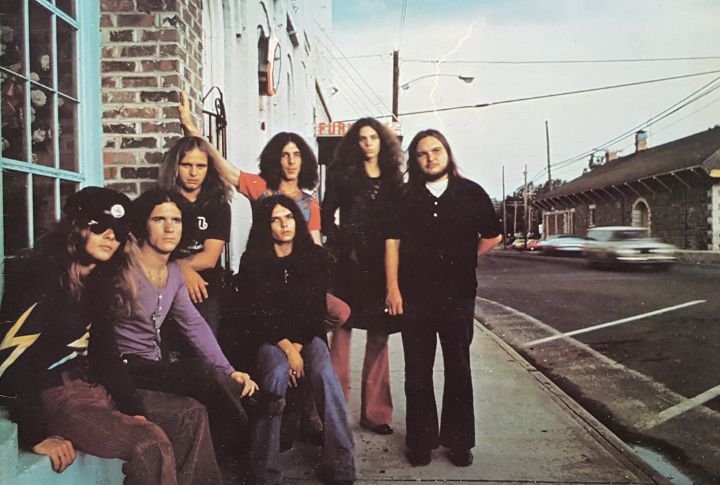
Did you know that some of the most iconic bands from the ’60s and ’70s are still hitting the stage? Yes, even after decades, groups like Blood Sweat & Tears and Quiet Riot continue to captivate audiences, but with a twist—none of their founders are part of the current lineup! It’s fascinating how these bands have adapted and kept their spirit alive by blending their classic sounds with new energy from the latest members.
Blood, Sweat & Tears

A new era of Blood Sweat & Tears began in 1967 when Al Kooper founded the band. Leadership transitioned from Kooper to Bobby Colomby to David Clayton-Thomas, whose voice became synonymous with the popular track “Spinning Wheel.” Colomby now manages the group, including various members over the years, such as Bo Bice and Keith Paluso, ensuring their signature brass sound continues to resonate on tour.
Kansas
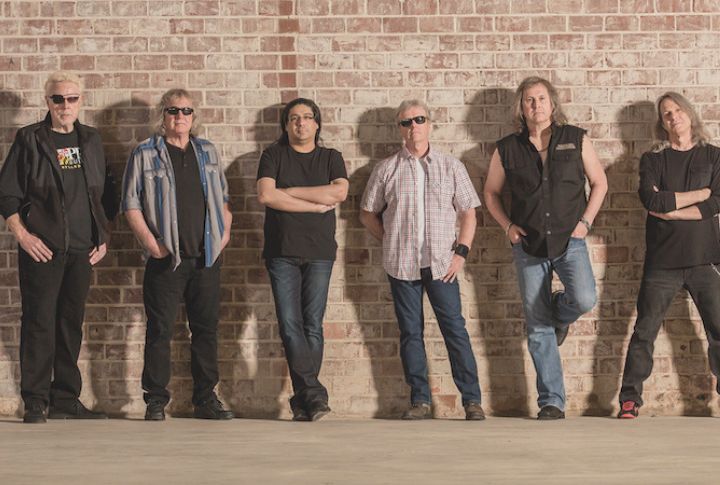
Kansas, formed in Topeka in 1970, quickly became a cornerstone of American progressive rock with Kerry Livgren and Steve Walsh. Fluctuations in membership have been shared over the decades, yet the band’s spirit persisted, driven by stalwarts Phil Ehart and Rich Williams. There has been new energy in recent years, with Ronnie Platt joining and contributing to albums like “The Prelude Implicit.”
Quiet Riot
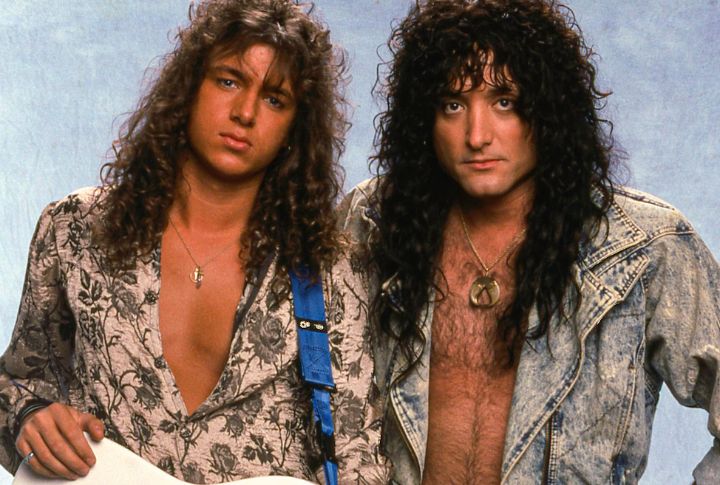
Icons of the ’80s rock scene, Quiet Riot solidified their fame with “Metal Health” in 1983. Formed in 1973 by guitarist Randy Rhoads, the group experienced several team transitions following Rhoads’ departure. Despite losing the founding team, including Kevin DuBrow, the band’s soul persists, and performances by long-standing and new musicians maintain their heavy metal vigor.
Lynyrd Skynyrd
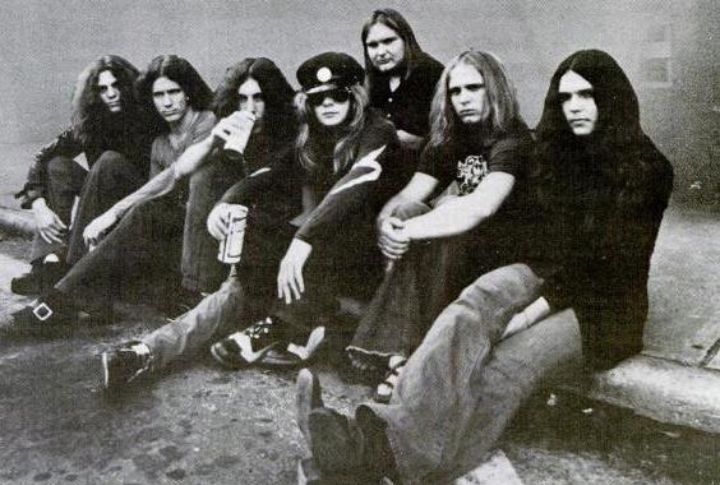
Southern rock icons Lynyrd Skynyrd have endured immense tragedy akin to the devastating 1977 plane crash. A decade later, they reformed with new rockstar Johnny Van Zant, joining surviving member Gary Rossington. Rossington passed away in early 2023, but the ensemble continues to perform “Sweet Home Alabama” for generations of fans.
Canned Heat
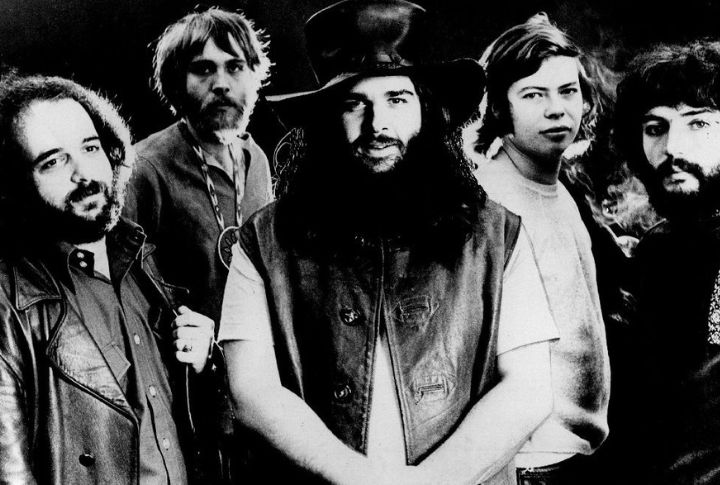
Surviving the early deaths of its founders, Canned Heat has carried forward its impact with shows that echo its boogie rock roots from the Monterey and Woodstock festivals. Members such as Adolfo “Fito” de la Parra have maintained the group’s continuity, ensuring its classic sound remains a fixture in ongoing tours and musical releases.
Thin Lizzy
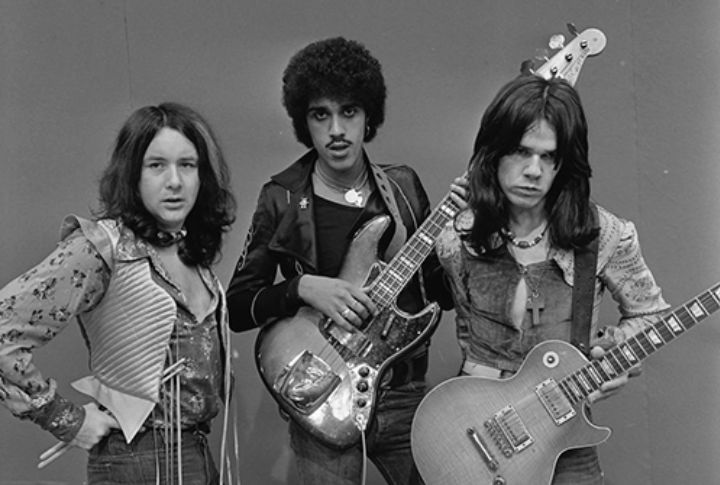
In 2012, Thin Lizzy stopped releasing new music under that name, opting to record as Black Star Riders instead. Founded in 1969 by Phil Lynott and Brian Downey, they became famous for their unique rock sound. After Lynott died in 1986, Scott Gorham upheld the band’s heritage. Recent tours with Ricky Warwick and Scott Travis have revitalized Thin Lizzy, celebrating Lynott’s legacy and the band’s enduring rock influence.
Yes
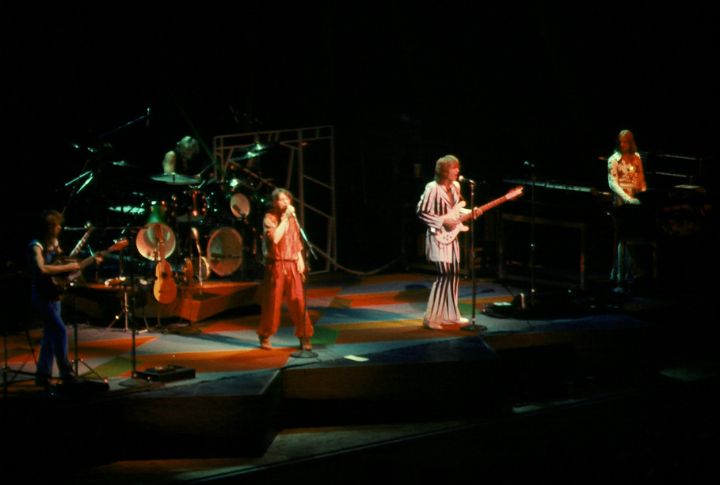
Known for their intricate musical arrangements, Yes was established in 1968 and witnessed numerous adjustments. Musician Chris Squire provided stability until his 2015 death. The band’s impact persists with shows by long-time and newer additions, showcasing the lasting appeal of its avant-garde rock style.
Little River Band
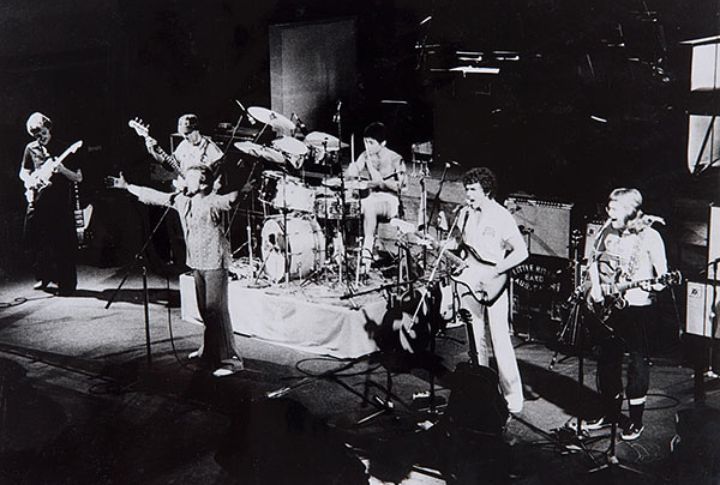
Little River Band has seen a complete turnover in members since achieving eminent success on U.S. charts in 1975. The band, led by Wayne Nelson in the 2000s, still captures audiences internationally with its smooth melodies and chart-toppers, showcasing its ongoing appeal in the soft rock genre.
The Hollies
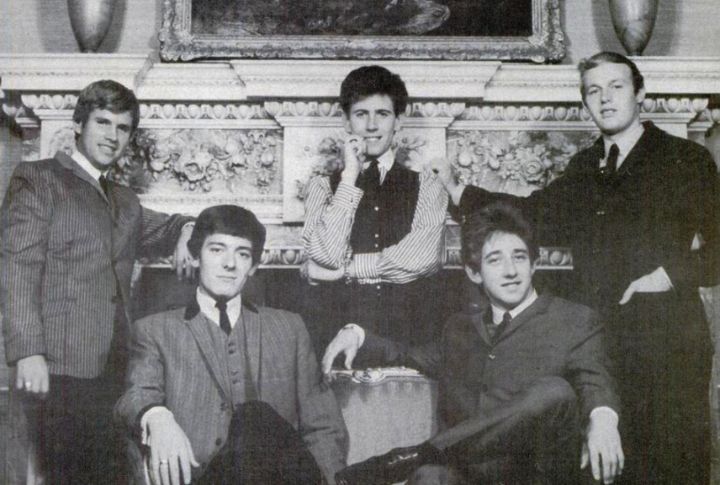
Initiated in late 1962 by school friends Allan Clarke and Graham Nash, The Hollies gained fame for their impeccable vocal harmonies. Notwithstanding Nash’s departure in 1968, the band maintained their popularity, and today, members Tony Hicks and Bobby Elliott continue to deliver their popular tracks to a loyal fan base, preserving their distinctive harmonic style for over half a century.
Iron Butterfly
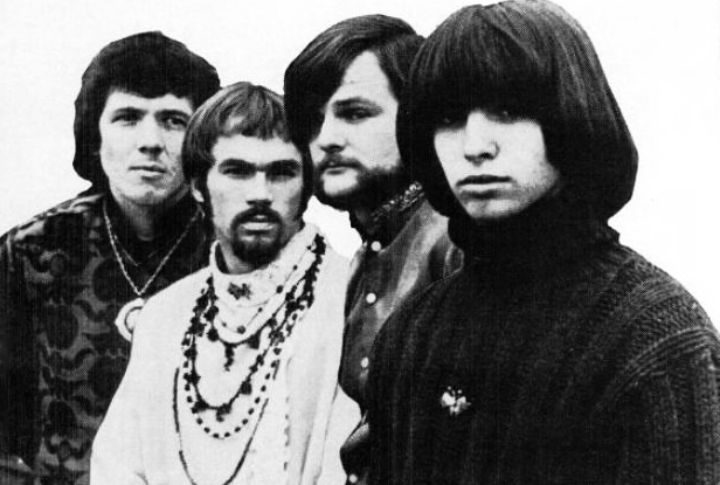
San Diego’s 1966 formation, Iron Butterfly, soared with “In-A-Gadda-Da-Vida,” marking a hard-rock milestone. Experiencing fluctuations, including the exit and return of organist Doug Ingle, the band saw members like Erik Brann take pivotal roles. By 2018, Ron Bushy remained until his 2021 passing, leaving guitarist Eric Barnett steering a refreshed roster, continuing their legacy into the modern era.
Renaissance
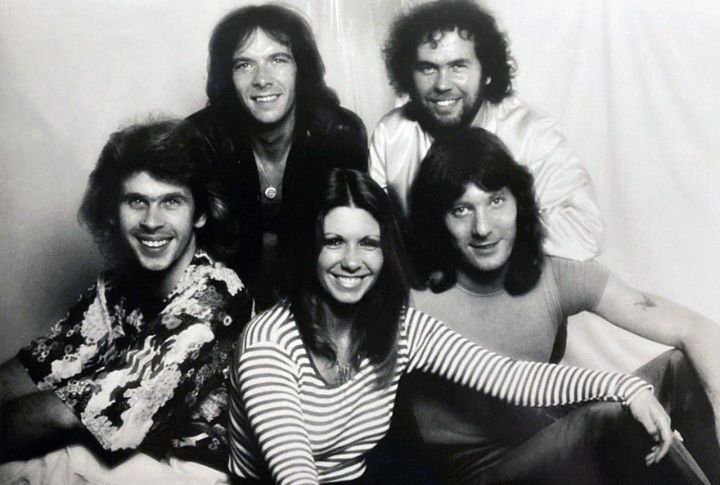
Beginning as a Yardbirds offshoot in 1969, Renaissance underwent a significant transformation when Keith Relf and Jim McCarty left after releasing their first two albums. By 1971, Annie Haslam joined, ushering in hits such as “Northern Lights.” Even with significant shifts, especially the loss of Michael Dunford, Haslam remains at the helm of the Renaissance, blending classic symphonic elements with modern contributions.
GWAR
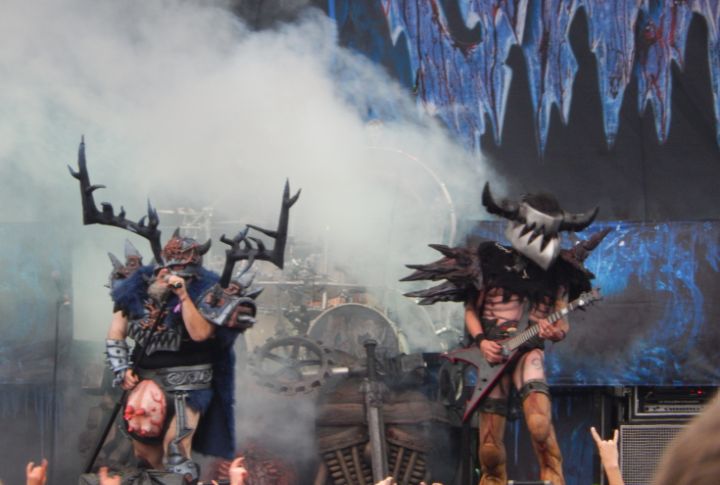
Since 1984, GWAR has consistently delivered shock-rock performances featuring a constantly changing ensemble. Following the 2014 demise of founder Dave Brockie, Mike Bishop stepped up as Blothar the Berserker. The band underwent continuous modifications, with Jamison Land’s tenure and Casey Orr’s return, while maintaining their distinctive, dramatic brutality.
Humble Pie
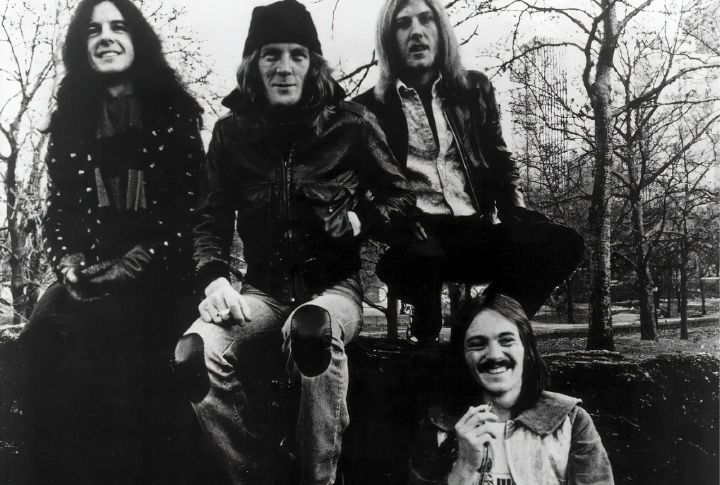
Originally featuring Steve Marriott, Peter Frampton, and later David “Clem” Clempson, Humble Pie gained fame with hits “30 Days in the Hole.” After Frampton’s 1971 exit and Marriott’s 1991 death, the band reunited briefly and released ‘Back on Track’ in 2002. Today, under the management of original member Jerry Shirley, the outfit performs as Humble Pie Legacy, with musical contributions from Dave “Bucket” Colwell.
Hour of Penance
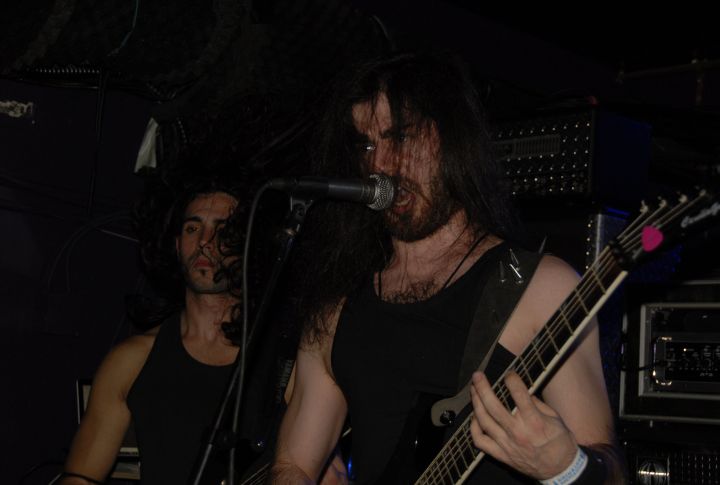
Hour of Penance, originating in 1999 in Rome, has become a key player in technical death metal despite losing all its first members by 2010. The current lineup of Paolo Pieri, Giulio Moschini, Marco Mastrobuono, and Giacomo Torti keeps refining its intense musical style. Their 2024 album, ‘Devotion,’ reinforces their commitment to intricate and brutal metal.
Blackfoot
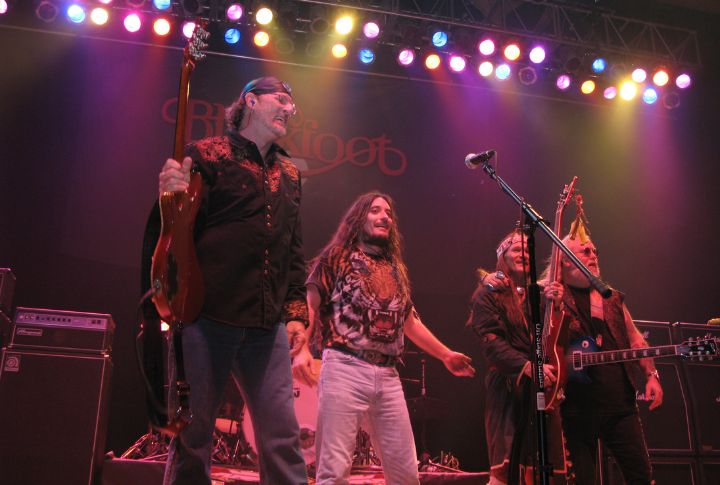
Rickey Medlocke co-founded Blackfoot in 1969 with Charlie Hargrett, Greg T. Walker, and Jakson Spires. The ’80s saw his collaborators leave, leading him to rebuild the band multiple times. Medlocke joined Lynyrd Skynyrd in 1996, ending his active role in Blackfoot. He relaunched the band in 2012 as producer, with a complete team change in 2021.
